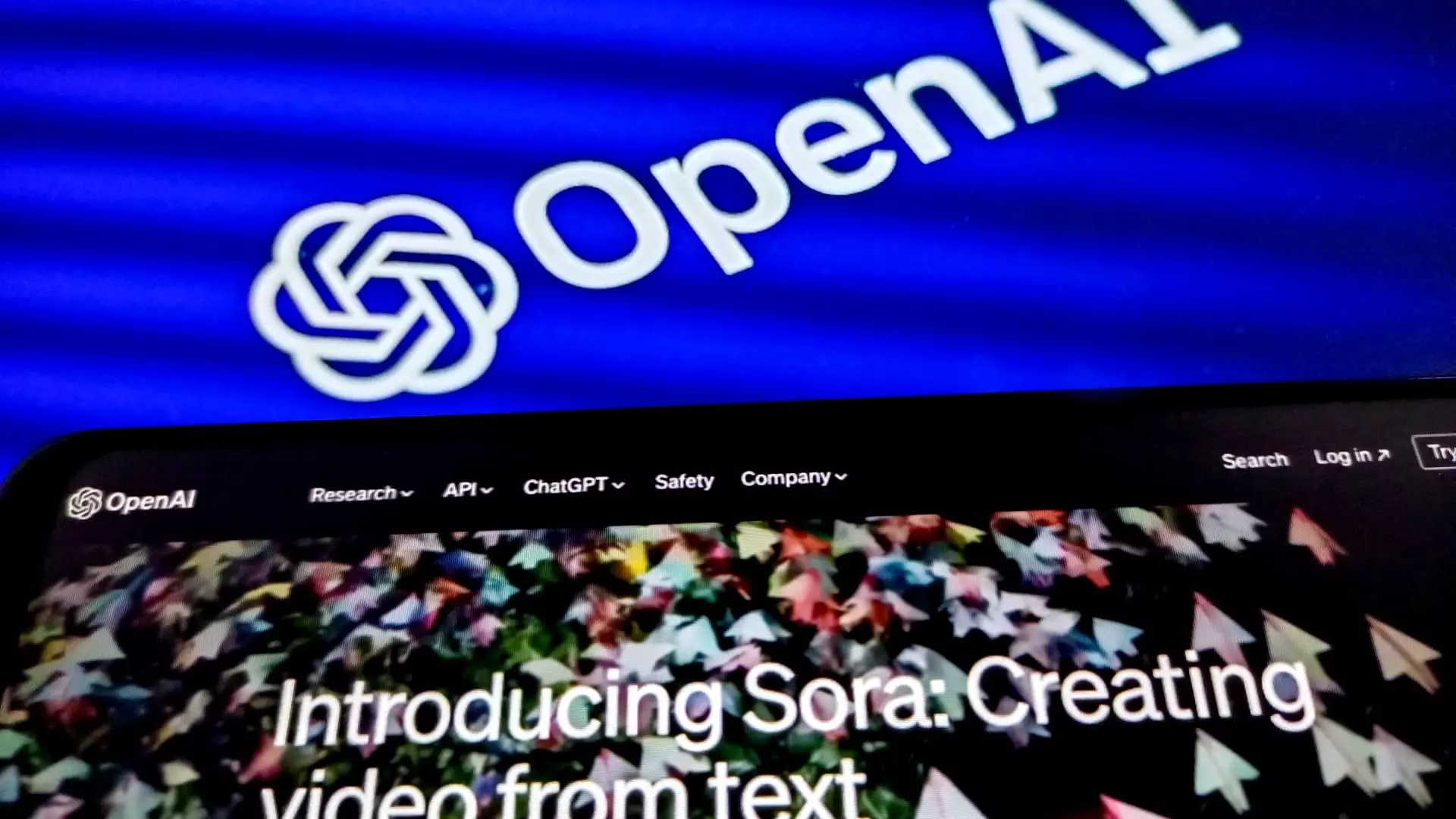In recent years, there’s been a notable shift in how sovereign wealth funds from the Middle East are engaging with the technology sector, particularly in artificial intelligence (AI). Nations like Saudi Arabia, the United Arab Emirates (UAE), Kuwait, and Qatar are increasingly investing in advanced technologies as a strategic move to diversify their economies away from an overreliance on oil revenues. This trend signifies more than just financial transactions; it represents a pivotal change in the global investment landscape, where traditional tech giants may find themselves competing with state-backed funds that possess substantial financial resources.
The surge in funding from Middle Eastern sovereign wealth funds for AI companies is staggering; recent reports indicate a fivefold increase in investments over the last year alone. This reflects a strategic pivot, as these oil-rich nations pursue tech ventures to create sustainable economic models. Notably, a UAE-based fund known as MGX is actively seeking investment opportunities in leading AI companies, including OpenAI, during a fundraising round that could assign a staggering $150 billion valuation to the latter. Such valuations signal a rapidly evolving market, where traditional venture capital can scarcely keep pace with the financial muscle of sovereign wealth funds.
Unlike conventional venture firms, which often have limited capital reserves, these funds derive their capital directly from governmental wealth, bolstered by rising global energy prices. According to Goldman Sachs, the wealth of the Gulf Cooperation Council (GCC) nations is projected to escalate to $3.5 trillion by 2026. Such financial clout enables them to make multibillion-dollar investments, thereby reshaping the contours of investment in the technology sector.
The Saudi Public Investment Fund (PIF), currently valued at approximately $925 billion, has become a significant player in the tech investment arena, reflecting Crown Prince Mohammed bin Salman’s ambitious “Vision 2030” initiative, aimed at transforming the Saudi economy. The PIF’s strategy includes diversifying investments across various sectors, including a noticeable stake in tech giants such as Uber, as well as sports ventures like the LIV golf league.
Simultaneously, the UAE’s Mubadala Investment Company, managing around $302 billion, and the Abu Dhabi Investment Authority, with $1 trillion in assets, have also engaged in substantial investing in AI and technology. Qatar’s Investment Authority and Kuwait’s fund follow suit, managing $475 billion and over $800 billion, respectively. This collective financial might underscores a systemic shift, where these sovereign funds now seek a share of the booming AI market.
In an exciting new development, MGX has partnered with BlackRock, Microsoft, and Global Infrastructure Partners to raise up to $100 billion aimed at bolstering AI infrastructure, particularly data centers. This initiative reflects a broader trend of collaboration between state funds and global financial institutions in pursuit of technological advancement. Such partnerships are essential in creating a robust infrastructure that supports AI innovation, signifying that the Middle East is not just a passive investor but a proactive participant in the global tech ecosystem.
Mubadala’s investments in AI-focused firms, such as OpenAI competitor Anthropic, highlight the aggressive maneuvering of these state funds within the tech sector. However, this approach is not without its complexities, as seen when Anthropic reportedly chose to exclude Saudi funding, citing concerns around national security.
Despite the seemingly limitless potential of the Middle Eastern investments in AI, geopolitical tensions present significant challenges. For instance, Saudi Arabia’s human rights record continues to raise eyebrows in the West, which can complicate partnerships in the technology sector. The international backlash in response to incidents such as the 2018 assassination of journalist Jamal Khashoggi exemplifies the friction that exists between lucrative investment opportunities and ethical considerations.
Moreover, the influx of capital from sovereign wealth funds not only poses a challenge to domestic venture capitalists but also raises concerns about market effects akin to those seen during the intervention of SoftBank’s Vision Fund. Underestimating the consequences of unchecked capital can lead to inflated valuations and unforeseen failures, such as the collapse of WeWork, which highlights the nuanced risks involved.
Middle Eastern sovereign wealth funds are undoubtedly reshaping the landscape of AI investments in Silicon Valley and beyond. Their increasing participation in the tech sector, marked by substantial financial moves and strategic partnerships, indicates a trend likely to continue as these nations diversify their economies. The balance between innovation, investment, and ethical considerations will be critical moving forward, as the consequences of these investments impact not only the Middle East but the global tech ecosystem as a whole. The arena of AI is becoming a focal point for national aspirations, promising both opportunities and challenges as this dynamic unfolds.


Leave a Reply